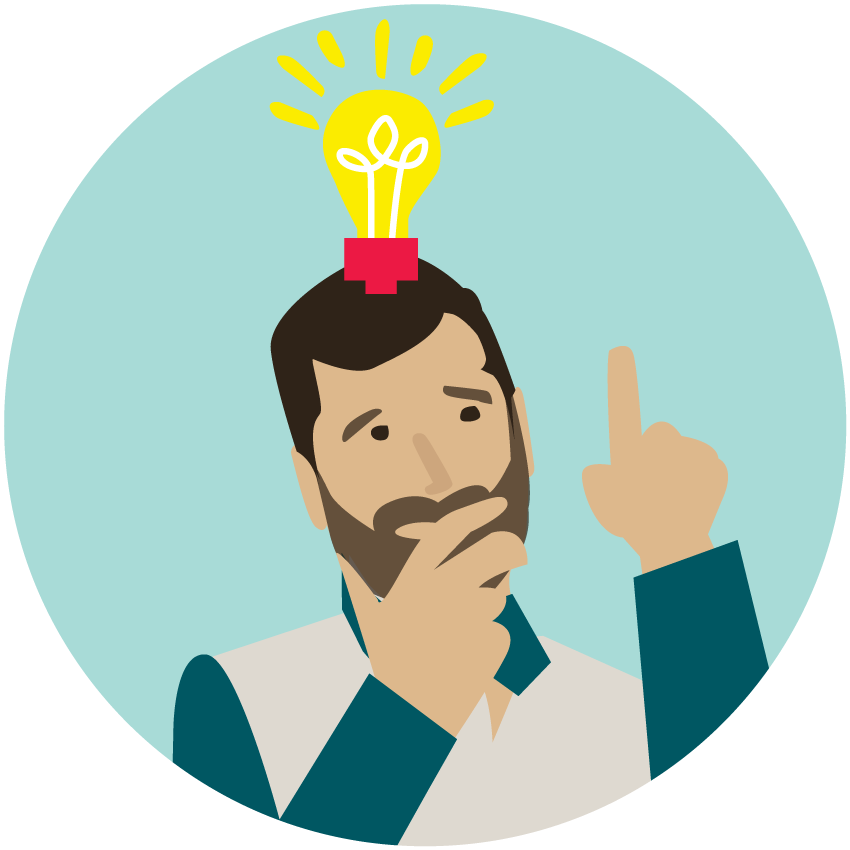
As we began to work from home – to Zoom our way through the working day – the phrase “we’ll put that on hold until things get back to normal” became a repeated chorus. Of course, this was an explicable initial reaction as our schools, colleges and childcare facilities closed down; however, as we near the two-month mark of the first government announcement, “normal” as we knew it feels further away than ever.
Recent qualitative analysis of open-ended RED Line COVID omnibus responses conducted by RED C, shows that consumers of all ages are very reluctant to return to a state of normalcy. Safety and peace of mind are far more important. If this is the consumer mind-set, this poses both a challenge and an opportunity for brands.
The challenge? To target and grow while implementing strategies of a time gone by.
The opportunity? To understand consumers and become relevant in the new way of life.
In RED C, we are working with clients to unearth insights of value to help plan for the new normal we face. While online quantitative approaches have become embedded in the industry over the last decade, online qualitative methodologies are relatively new to most clients. We have been embedding them across the business for the last two-and-a-half years, and even in times of “normality”, there can be a reluctance in adopting them. When it comes to online, the dynamic is certainly different – just as it is with an online survey versus a face-to-face approach – however the information collection tool is where the differences stop; analysis and insight generation remains constant for us quallies.
On March 13th, just one day after Leo Varadkar stood in front of Government Buildings to close schools, colleges and other public facilities, Valeo Foods commissioned a qualitative research project with RED C using traditional approaches. Face-to-face engagement was a core part of the research solution proposed and Varadkar’s announcement made this impossible. We worked with Valeo Foods to identify the pros and cons of proceeding with the research using an online methodology and in unusual times.
Based on this – and multiple other conversations had internally and with other clients – RED C feel now is the time for research for a number of key reasons:
Conducting research now and using scenario planning will help brands to prepare for what lies ahead. Overlaying different future scenarios over the research findings helping us to plan for what maybe coming down the line.
Clear thinking is required to understand how the research insights differ in different scenarios. If the pandemic goes on longer than expected or we overcome it quicker than expected? If any resulting recession is deep or short lived?
As for the online qualitative project with Valeo Foods? It went down a treat – much like the Jacob’s brand we were researching! While collection methods have different strengths and weaknesses, the agile and analytical mind of a qualitative researcher still holds strong and that’s what’s key in the business of insights, not information.
“We commissioned a piece of qualitative research on our largest brand on March 13th, the day after the schools closed. We engaged with the RED C team to create a research solution that worked for our needs but also delivered against the backdrop of movement restrictions and social distancing. We didn’t feel that we lost anything through the use of online focus groups or online in-depth interviews – in fact it allowed more of our team view the groups and hear exactly what consumers had to say as we monitored in a virtual viewing room i.e. Zoom. The research has been debriefed and we are very happy with the results – I wouldn’t hesitate to recommend Red C for the work they did and the process they used.” – Anne-Marie Kelly, Head of Insights and CSR Initiatives – Valeo Food